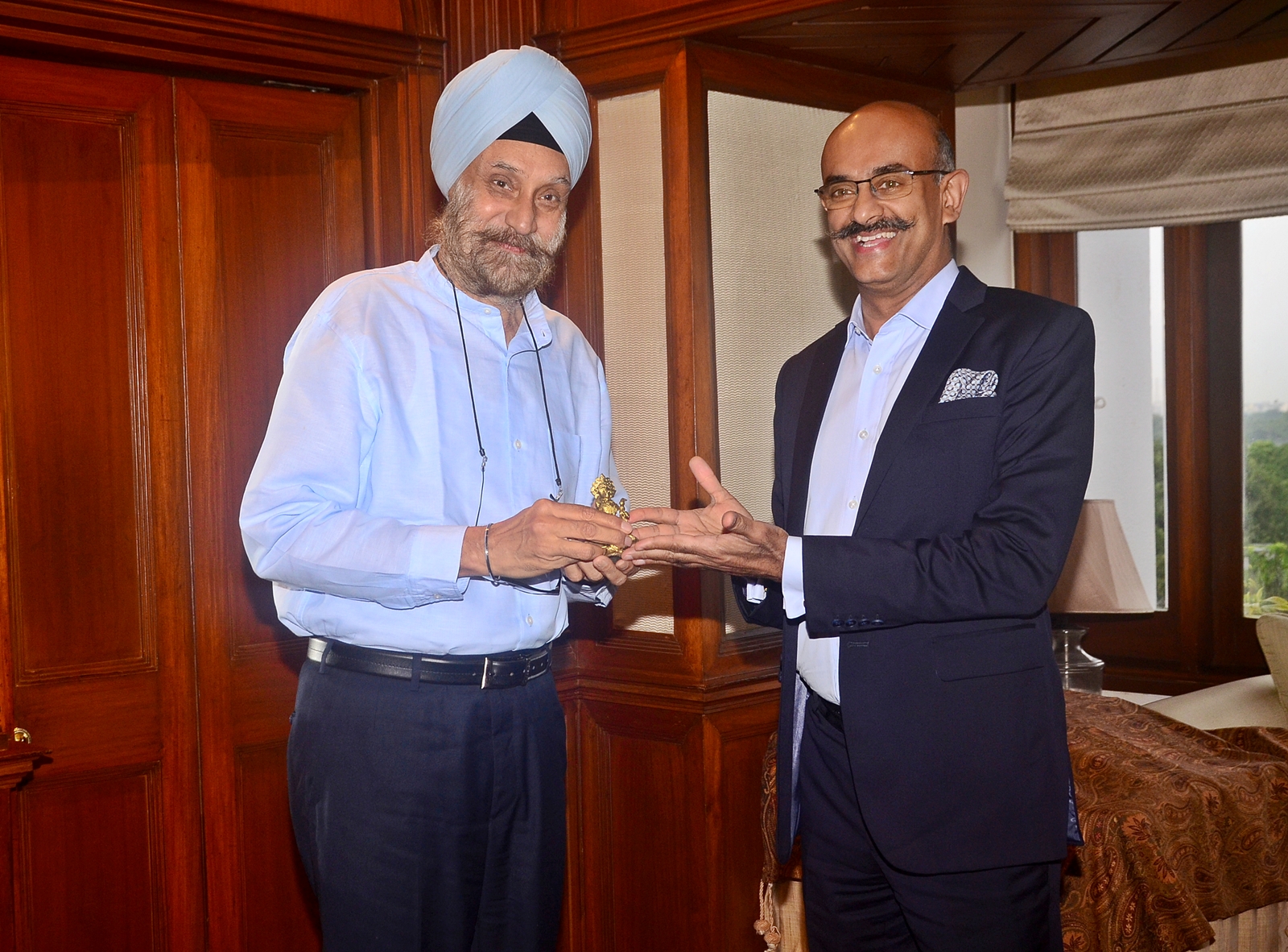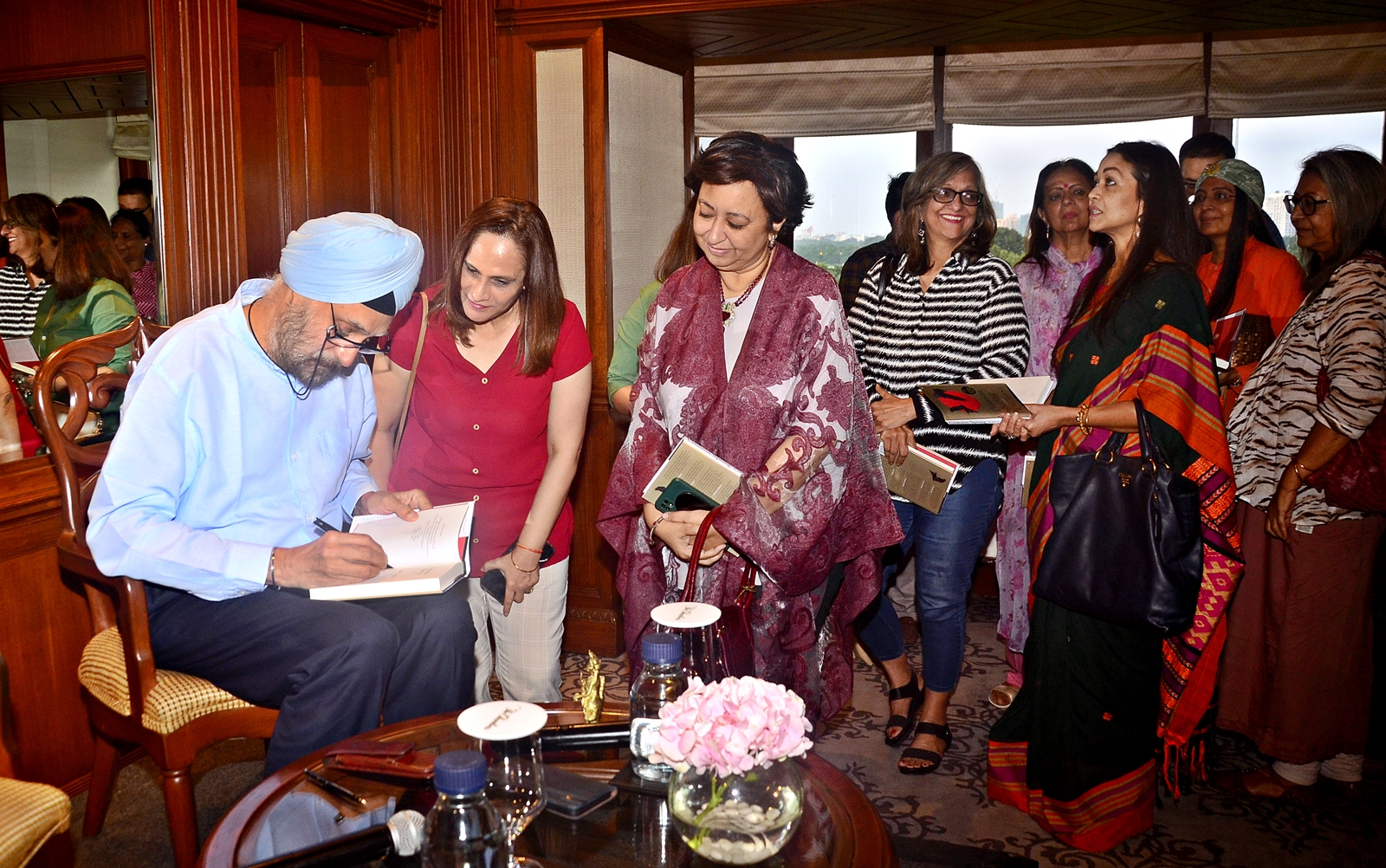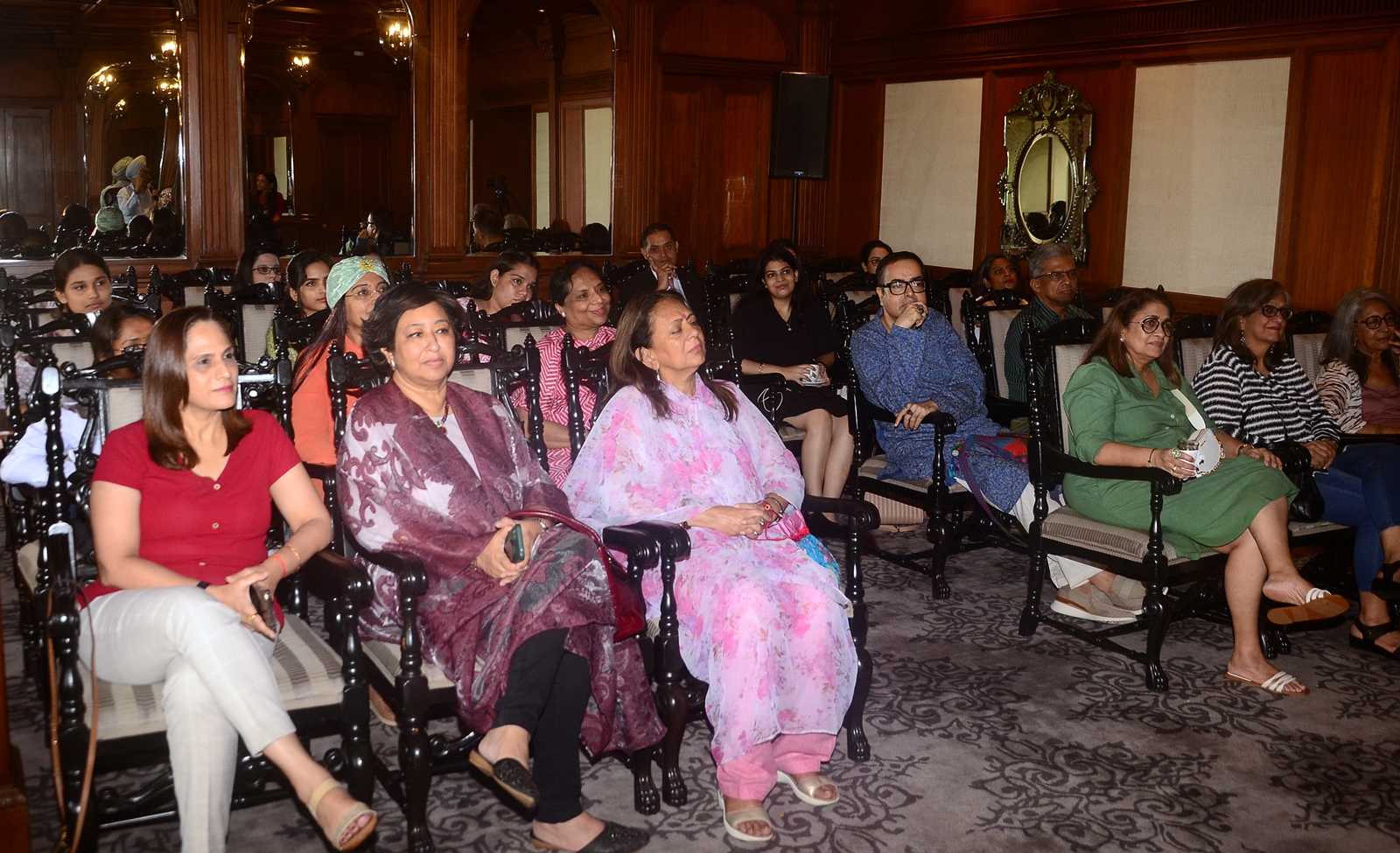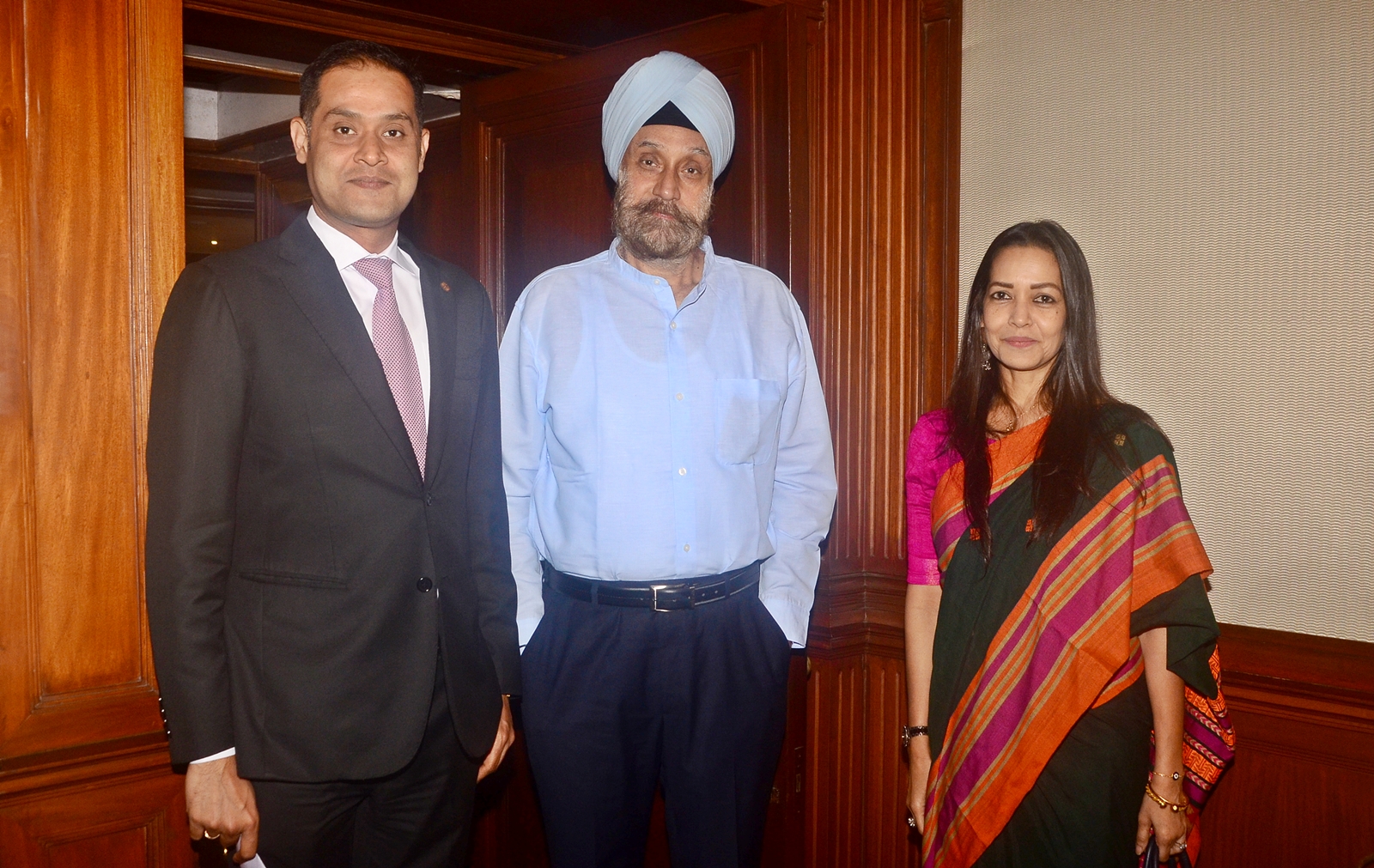A diplomat with a wealth of experience across nations, Navtej Sarna weaves his experiences into his writings. A columnist, an author and the longest-serving spokesperson of the Indian foreign ministry, he was hosted by Prabha Khaitan Foundation in a session of An Author’s Afternoon. Esha Dutta, the Foundation’s Honorary Convenor of North-East Affairs, was in conversation with the author. Arnab Chatterjee, the general manager of Taj Bengal, delivered the welcome note.
Sarna was made for the foreign services, having been interested in the field ever since he was young, thanks to his mother. “Since then, she has not regretted the fact that I had to spend so much time away from her,” he said. He always wanted to write, and expressed himself whenever he could. He wanted to write a book and get it published, and began with writing a column for the Evening News while he was a student in Delhi in the 1970s. It was sold every evening for 10 paise at Connaught Place. Sarna went on to author many different columns, newspaper articles and book reviews.
Sarna has served as a diplomat in Moscow, Warsaw, Thimphu, Geneva, Tehran and Washington, DC, Tel Aviv and London. Each posting came with a special set of challenges. Recalling his most memorable events, he chuckled. “Oh! What was not memorable! It’s been a joyride of great proportions,” he said. “The important thing for any diplomat is that you have to have an open mind. You never know what’s going to happen.”
The Soviet Union was his toughest posting. But even the lack of important resources, an unstable political atmosphere and extreme weather couldn’t stop Sarna from carrying out his duties. Not even -30 degrees in one instance! “Among the most life-changing experiences and challenges in my profession was the Chernobyl disaster in April 1986,” he recalled. “I was also in Thimphu (Bhutan) during a serious rabies outbreak.” Sarna vividly recalled everything, and proudly said that as an Indian, he was loved by all. He chronicled his experiences in the book, Indians at Herod’s Gate: A Jerusalem Tale.
Sarna has a natural affinity towards journalists, as he was one before becoming a diplomat. He was posted as Minister/Counsellor at the Embassy of India in Washington, and had to deal with a lot of journalists. “I can’t imagine what I would’ve done if I wasn’t writing,” he said. “I have felt that one also needs to have a passion besides one’s career. You really can’t define yourself by your job, because jobs end, change and are devalued. It’s important to give yourself something else. For me, my home was about writing and reading. My father was in the government, but he was essentially a writer, and my mother did a fair amount of translation. I was a voracious reader. All the reading gave me curiosity about comparison and craft. It wasn’t about whether I should do it, but rather that I had to do it.” Sarna has written varied books, from The Book of Nanak to Crimson Spring, which took around eight to nine years. It is a book that revisits the Jallianwala Bagh massacre, and the stories of ordinary men and women who came out on the streets, fighting beside the freedom fighters. The Khilafat Movement, Ghadar Movement, Singh Sabha Movement and other historical events inspired his writing.
Maintaining historical accuracy while presenting a story is the biggest priority for Sarna. His novel, The Exile, based on the life of Maharaja Duleep Singh, has fact mixed with fiction. The Maharaja has been fleshed out in the book, seeing as he was a tragic figure, and historically the last Maharaja to have owned the Koh-i-Noor.
The session moved on to Dutta asking about any reparations and apologies Britain owes India. “I doubt the day will come when the Britishers will ever say ‘sorry’,” said Sarna. “They have used words like ‘regret’ and ‘deep regret’, and that’s as far as the English will go. Empires don’t say sorry. And the same goes for questions like, ‘Will we ever get the Koh-i-Noor back?’ They cite David Cameron, who said that if Britain starts returning things, London museums would become empty.”
The animated session, coupled with laughter, was followed by a Q&A with the audience. A vote of thanks was delivered by Anindita Chatterjee, Executive Trustee of the Foundation, and K. Mohanchandran, Senior Vice-President, Operations, East & Northeast, IHCL, felicitated Sarna with a dokra memento.
Navtej Sarna
21st August 2023
Watch a glimpse of the conversation










